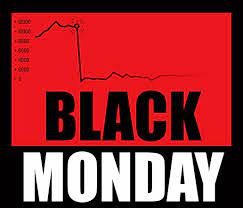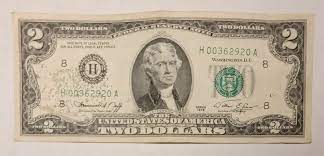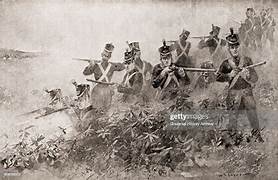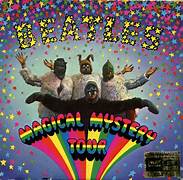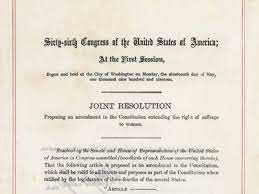On November 29, 1803, the United States of America completed one of the most significant and transformative land transactions in its history—the Louisiana Purchase. This historic event unfolded as a result of negotiations between the United States and France, marking a pivotal moment that expanded the young nation's territorial footprint and set the stage for westward expansion.
The Louisiana Purchase was born out of a complex web of international relations and changing political landscapes. The vast region of Louisiana, which included the Mississippi River and its watershed, had been under Spanish control for several decades. However, in a secret treaty in 1800, Spain ceded the territory back to France, raising concerns in the United States about access to the crucial port of New Orleans and the potential for French interference in the region.
Thomas Jefferson, who was then the President of the United States, recognized the strategic importance of controlling the Mississippi River and securing access to the port of New Orleans for American farmers and traders. In an unexpected turn of events, Napoleon Bonaparte, the French leader, found himself facing financial difficulties and the challenges of maintaining a distant colony. As a result, he offered to sell the entire Louisiana Territory to the United States.
The negotiations for the Louisiana Purchase were conducted on behalf of the United States by James Monroe and Robert Livingston, both diplomats in Europe. The negotiations moved swiftly, and on April 30, 1803, the United States agreed to purchase the vast territory for $15 million, roughly four cents per acre. The deal doubled the size of the young nation, adding approximately 828,000 square miles to the United States.
The impact of the Louisiana Purchase was profound and far-reaching. It not only secured vital access to the Mississippi River and the port of New Orleans but also paved the way for westward expansion. The vast expanse of land acquired in the purchase provided new opportunities for settlement, trade, and economic growth. The fertile lands of the Louisiana Territory became a lure for pioneers, settlers, and entrepreneurs seeking new opportunities.
The Lewis and Clark Expedition, commissioned by President Jefferson in 1803 before the completion of the purchase, explored the newly acquired territory and beyond, mapping the terrain, documenting flora and fauna, and establishing American presence in the region. The expedition marked the beginning of a concerted effort to understand and utilize the vast resources of the West.
The Louisiana Purchase also had significant geopolitical implications. It removed the French presence from the western borders of the United States and eliminated the immediate threat of French interference in North America. The acquisition of such a vast territory strengthened the position of the United States on the global stage and set the nation on a trajectory of westward expansion that would define its growth and development for decades to come.

